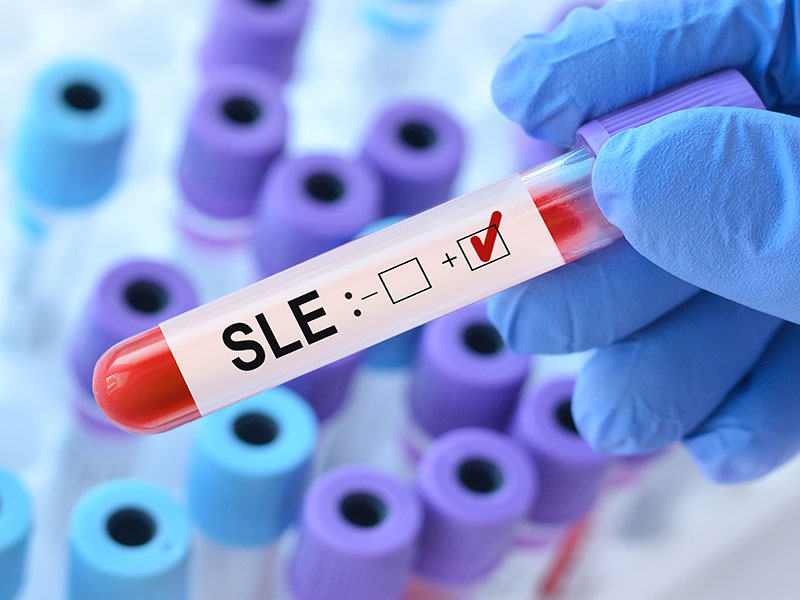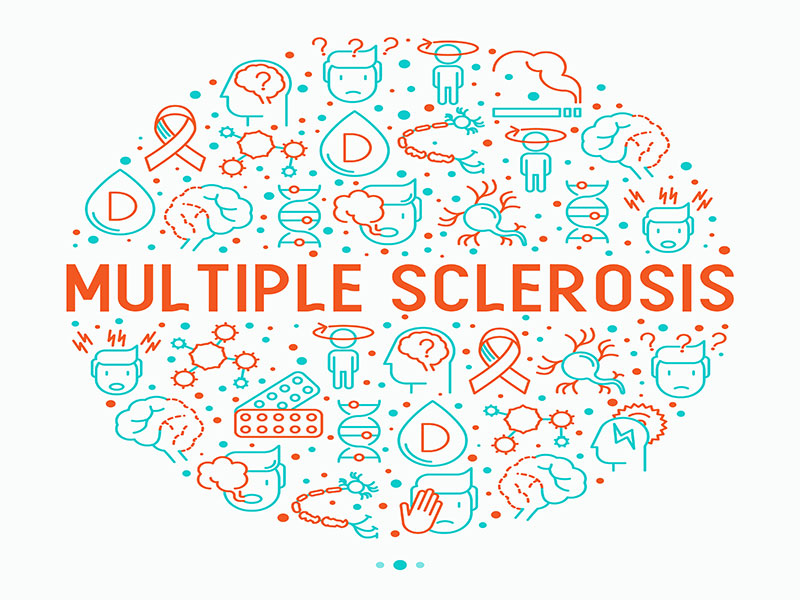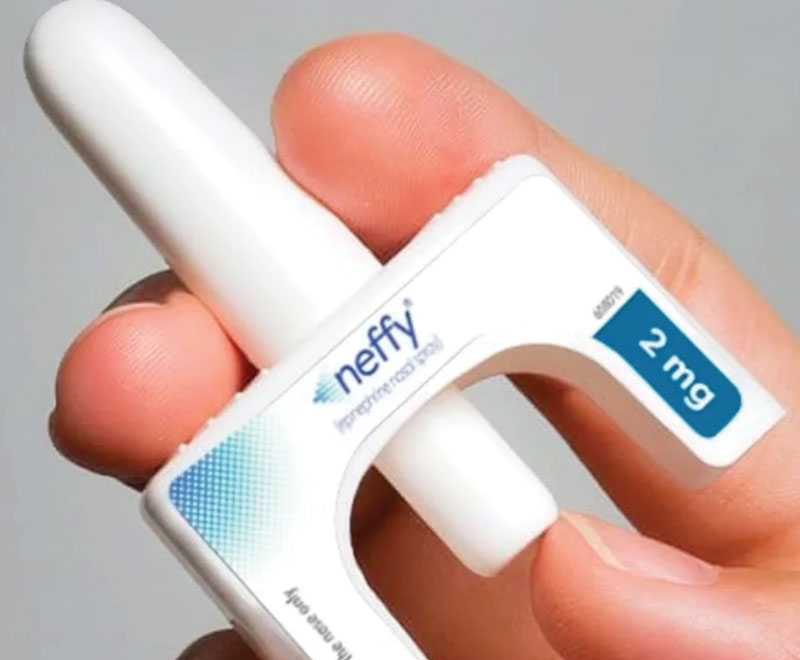Study Finds Link Between COVID-19 and Autoimmunity

A population-based study conducted by researchers from the Republic of Korea found a significantly higher risk of developing autoimmune and autoinflammatory conditions, such as rheumatoid arthritis (RA), lupus, Crohn’s disease, and alopecia, among individuals who had COVID-19, with risks particularly elevated for those with severe cases, Delta variant infections and those who were unvaccinated.
Nasal Swab May Predict Severity of COVID-19

New research suggests autoantibodies in the nasal cavity may predict the severity of COVID-19 disease.
IVIG Reduces Symptom Severity for AGID

A new study indicates intravenous immun globulin (IVIG) therapy can reduce symptom severity for patients with autoimmune gastrointestinal dysmotility (AGID), also known as gastroparesis.
mRNA Cancer Vaccine Begins Trials for Non-Small Cell Lung Cancer

An mRNA vaccine has entered human trials as a treatment for lung cancer. Unlike traditional cancer vaccines such as the HPV vaccine, BNT116 is a therapeutic cancer vaccine designed to reduce tumor growth in patients with cancer or prevent its recurrence.
Changes in Immune Cell Gene Activity May Indicate Probability of Developing MS

A new study sheds like on the role of cytotoxic T cells in developing multiple sclerosis.
FDA Approves New Treatment for Hemophelia A and B

The U.S. Food and Drug Administration (FDA) approved Hympavzi (marstacimab-hncq) for routine prophylaxis to prevent or reduce the frequency of bleeding episodes in adult and pediatric patients 12 years of age and older with hemophilia A without factor VIII inhibitors or hemophilia B without factor IX inhibitors (neutralizing antibodies).
FDA Approves First Over-the-Counter Combo Flu and COVID Test Outside of Emergency Use

The U.S. Food and Drug Administration (FDA) has authorized the first over-the-counter combination COVID-19 and influenza test, the Healgen Rapid Check COVID-19/Flu A&B Antigen Test, outside of emergency use.
Updated COVID Vaccines Approved by FDA

FDA has approved and granted emergency use authorization for updated mRNA COVID-19 vaccines (2024-2025 formula) to include a monovalent (single) component that corresponds to the Omicron variant KP.2 strain of SARSCoV-2.
HHS Announces Price Cuts for 10 Medicare Drugs

The U.S. Department of Health and Human Services (HHS) has negotiated lower prices for 10 of the most expensive and widely used drugs covered under Medicare, which is expected to save the Medicare program $6 billion in the first year and reduce out-of-pocket costs for beneficiaries by $1.5 billion.
FDA Approves Epinephrine Nasal Spray

The U.S. Food and Drug Administration (FDA) has approved the first needle-free alternative to the EpiPen.